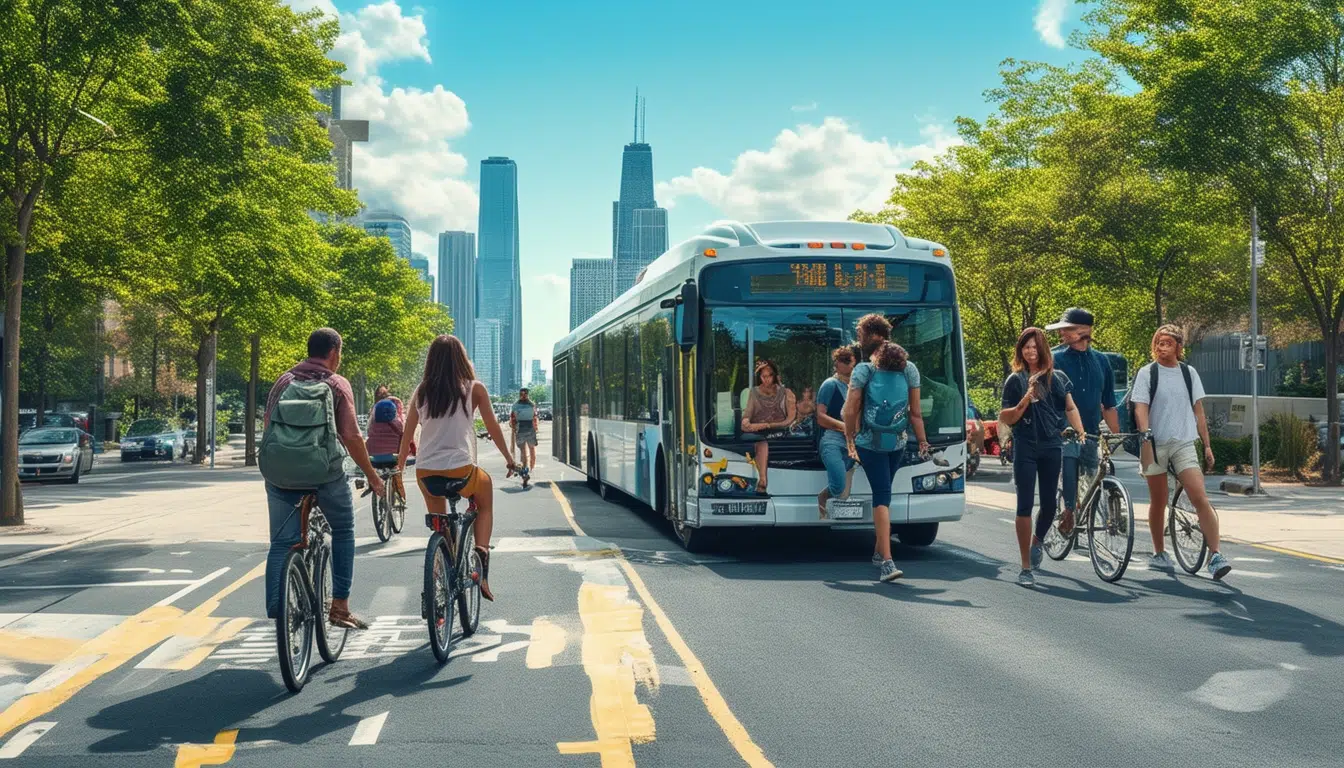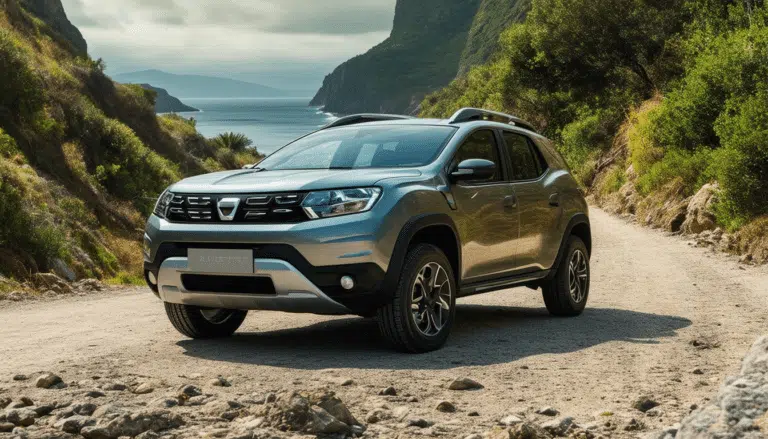How changing habits can reduce fuel expenses

Modifying certain daily habits not only contributes to a more sustainable lifestyle but can also lead to a noticeable fuel savings. Adopting more efficient practices when driving and managing our trips can significantly reduce the costs associated with vehicle use. Through simple actions, such as planning appropriate routes and maintaining efficient driving, it is possible to reduce gasoline consumption, benefiting both the wallet and the environment. In this context, every small change can lead to significant results in fuel spending.
Fuel spending is a constant concern for many drivers. However, small changes in driving habits can generate significant savings. By implementing effective strategies and ensuring proper vehicle maintenance, it is possible to optimize fuel consumption and reduce expenses. This article explores various ways in which modifying how we drive and care for our car can lead to long-term savings.
The importance of vehicle maintenance
One of the most crucial aspects of maintaining low fuel spending is proper vehicle maintenance. Regularly checking tire pressure, ensuring they are inflated according to the manufacturer’s specifications, can improve fuel efficiency. Additionally, a well-maintained vehicle consumes less gasoline, as an engine in optimal condition operates more efficiently. Regular oil changes and checks can make a difference in consumption.
Driving habits that optimize consumption
Accelerate smoothly and maintain speed
One of the most effective habits to reduce fuel spending is to accelerate smoothly. Sudden accelerations and abrupt braking increase gasoline usage. Maintaining a constant speed not only improves savings but also provides a safer and more enjoyable driving experience. Adaptive cruise technology, where available, can be useful for maintaining a steady speed, reducing consumption on the road.
Trip planning
Another valuable tip is trip planning. By anticipating potential traffic jams and choosing efficient routes, one can decrease the time the engine is running. Using navigation apps that optimize routes can save both time and fuel. Fewer stops also mean less spending, as the engine is turned off fewer times throughout the trip.
Reduction of load and drag
Loading habits can also affect fuel consumption. A heavier vehicle consumes more gasoline. Therefore, it’s advisable to remove unnecessary items from the trunk and avoid carrying loads on the roof, which increases air resistance. Keeping the vehicle light is an easy and effective strategy to reduce fuel consumption.
Combat excessive use of auxiliary systems
Excessive use of air conditioning and other electrical devices can also increase gasoline expenditure. Trying to use air conditioning only when necessary and opting for natural ventilation when possible not only saves fuel but also improves environmental comfort inside the vehicle. Choosing to roll down the windows at low speeds can be an alternative that does not significantly affect comfort.
Technology and responsible driving
Adopting responsible driving involves being aware of the influence of speed and driving style on fuel consumption. Driving at higher speeds not only raises gasoline expenses but also increases pollutant emissions. Adopting a driving style that promotes efficiency also contributes to the well-being of the environment, aligning with sustainable practices in mobility.
For more information on how to reduce fuel spending and practice responsible driving, various sources can be consulted, such as the recommendations at Tips to Reduce Fuel Consumption and the strategies presented in Corporate Strategies to Reduce Fuel Spending.
How habits influence fuel savings
Changing our daily habits can have a significant impact on fuel spending. Small modifications in how we drive and our trip planning can contribute to a notable reduction in consumption. For example, accelerating smoothly and maintaining a steady speed not only improves our safety but also optimizes fuel use. This is because it avoids unnecessary braking and abrupt accelerations that are detrimental to engine efficiency.
Another important aspect is route planning. Knowing traffic conditions and selecting the best route can prevent jams, which in turn leads to excessive fuel consumption. Taking the time to review simple aspects, such as tire pressure, can also impact the vehicle’s performance. Properly inflated tires reduce rolling resistance, improving fuel performance.
Moreover, reducing the weight of the vehicle by removing unnecessary items or avoiding loads on the roof can make a difference in spending. Every additional kilogram requires more energy to move the vehicle, leading to higher fuel consumption. On the other hand, limiting the use of air conditioning and opting for natural ventilation can give the tank a breather and contribute to long-term savings.
Implementing these changes not only benefits the wallet but also translates into a lower environmental impact. In the end, with small efforts and conscious decisions, it is possible to cultivate a more sustainable lifestyle while optimizing expenses and promoting more efficient mobility.






